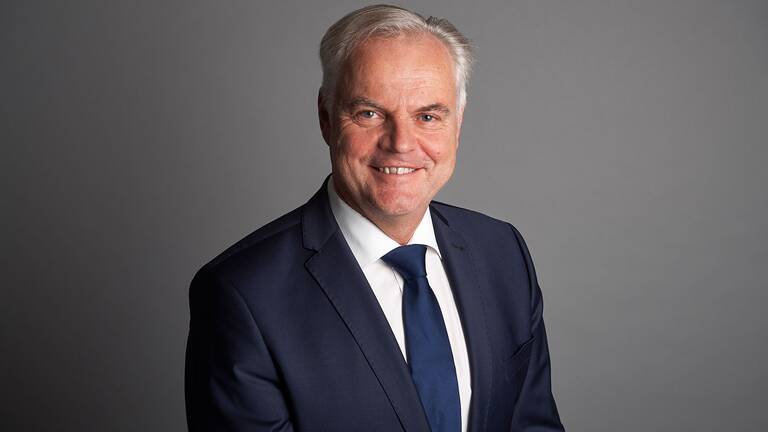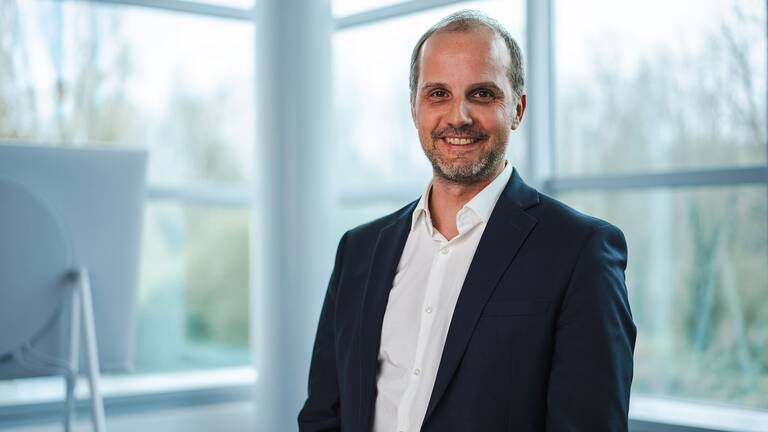Sustainability considerations such as a company’s carbon footprint are becoming increasingly important, partly due to European reporting requirements and carbon taxes. In order to increase transparency around these figures and data, as well as highlight its progress in the area of sustainability, Waelzholz published its second sustainability report at the beginning of the year. In addition, an internal ESG Council has been monitoring the implementation of the company’s sustainability strategy since 2023.
Spotlight on sustainability goals
The ESG Council: Think tank for more sustainable processes
The newly established ESG Council provided valuable support in this regard. The Council team is made up of members from a wide range of departments, including those responsible for feeding real Waelzholz data into the KPIs. This allows the Council to serve as an outstanding think tank. “The dialogue within the ESG Council is an invaluable asset. Its main responsibility is to set sustainability goals and monitor the actions taken to achieve them. This direct, open exchange also allows us to identify areas where we can improve and make processes within the company more efficient. This also applies to the reporting process itself,” says Grotthaus.
Sustainability organisation at Waelzholz

Progress in all three areas of sustainability
The letters ESG preceding the word Council stand for the three pillars of sustainability: Environment, Social, and Governance. Waelzholz has set specific targets for each of these areas, which are also reported on in the sustainability report. In this context, one long-term goal regarding the environmental area has already been set by federal and EU policy: climate neutrality in Germany by 2045 and internationally by 2050. On the path to achieving this, Waelzholz has set itself an ambitious interim goal: reducing its corporate carbon footprint (CCF) by 30 percent by the 2030/31 fiscal year. In its sustainability report for fiscal year 2023/24, Waelzholz was already able to report initial success in reducing its carbon emissions.
With respect to the social pillar, Waelzholz reports on progress made in the areas of occupational safety, employee satisfaction, and diversity, for example, particularly with regard to the age structure and the percentage of women at the company overall and in management positions. To raise awareness of this issue, Waelzholz organized workshops on diversity and inclusion for nearly 100 managers from all locations in the 2023/24 fiscal year. Another goal that falls under the social pillar is to “fill 75 percent of open positions with internal candidates in order to promote our employees’ professional development and efficiently meet our staffing needs,” explains Bierstedt.
And in the area of corporate governance? “One of our overarching goals here is to firmly enshrine sustainability in our corporate culture,” Bierstedt says. “This primarily involves transparent internal communication across all departments and locations.”













